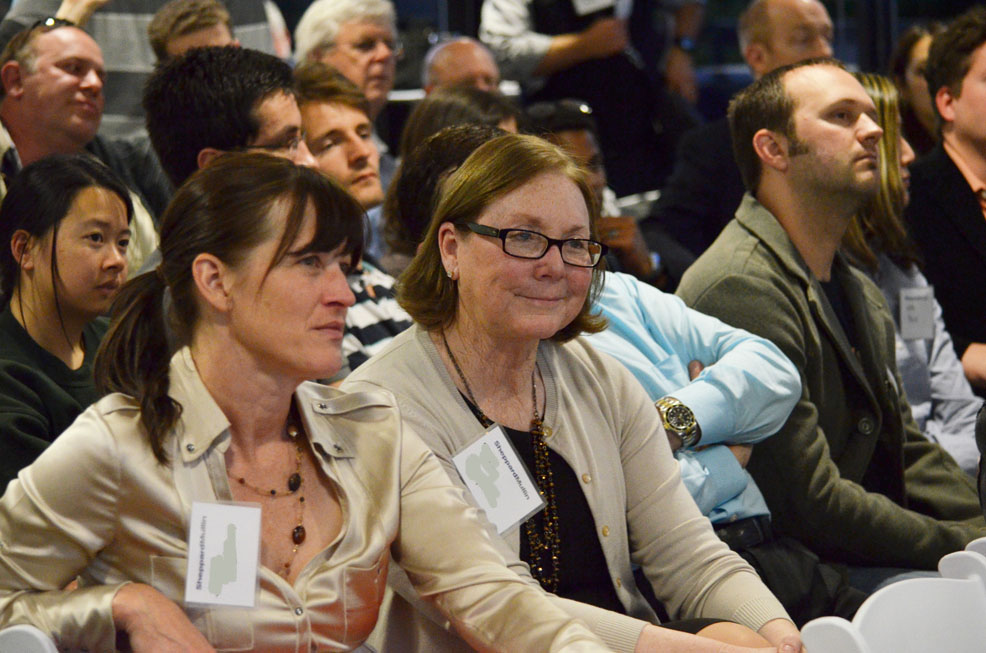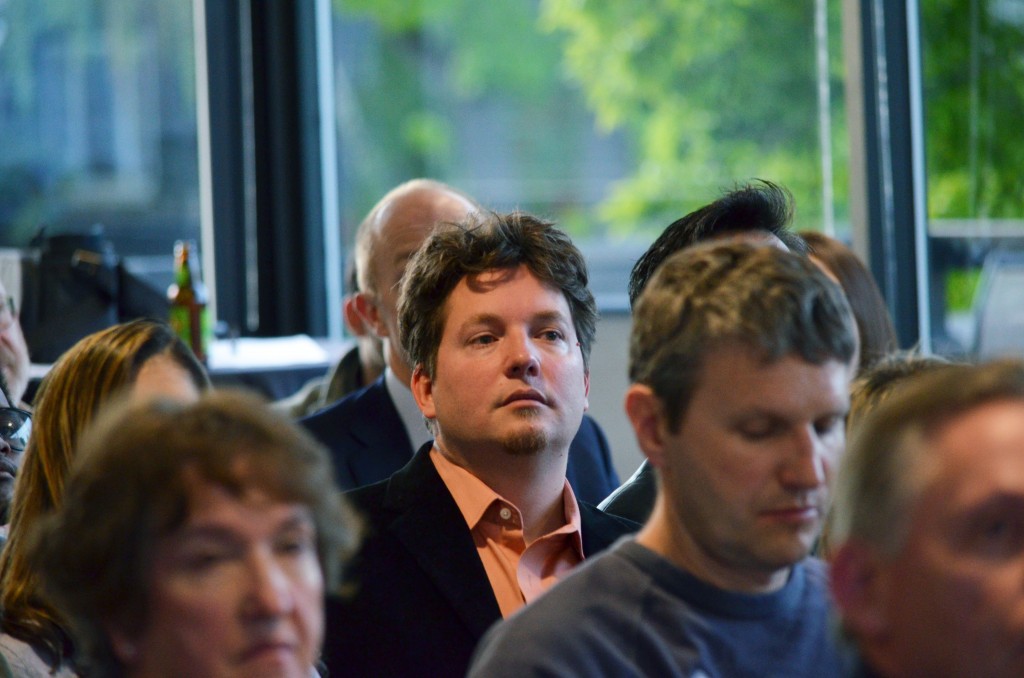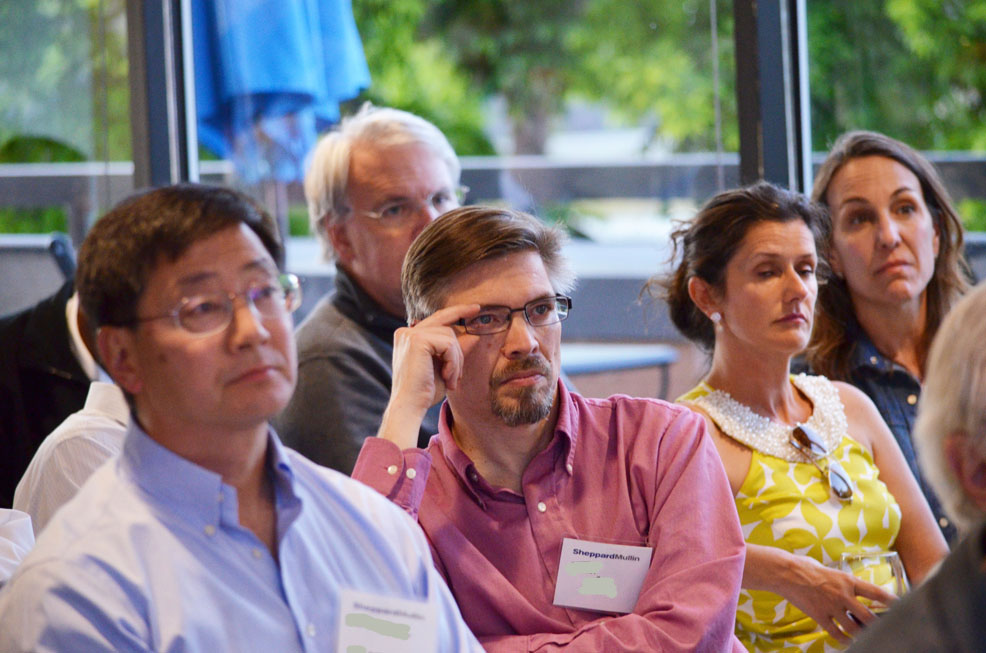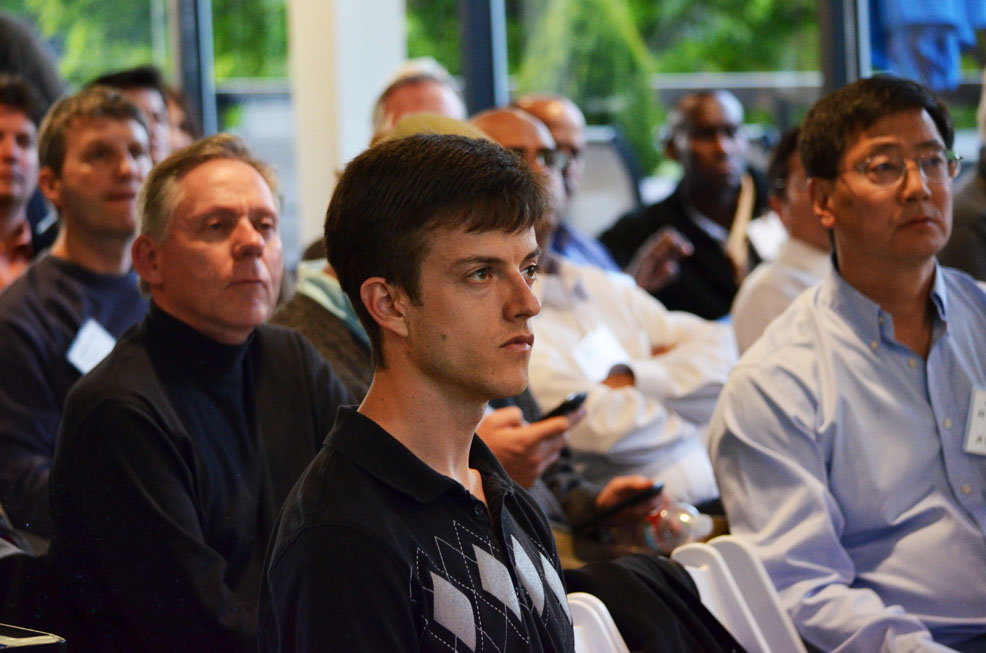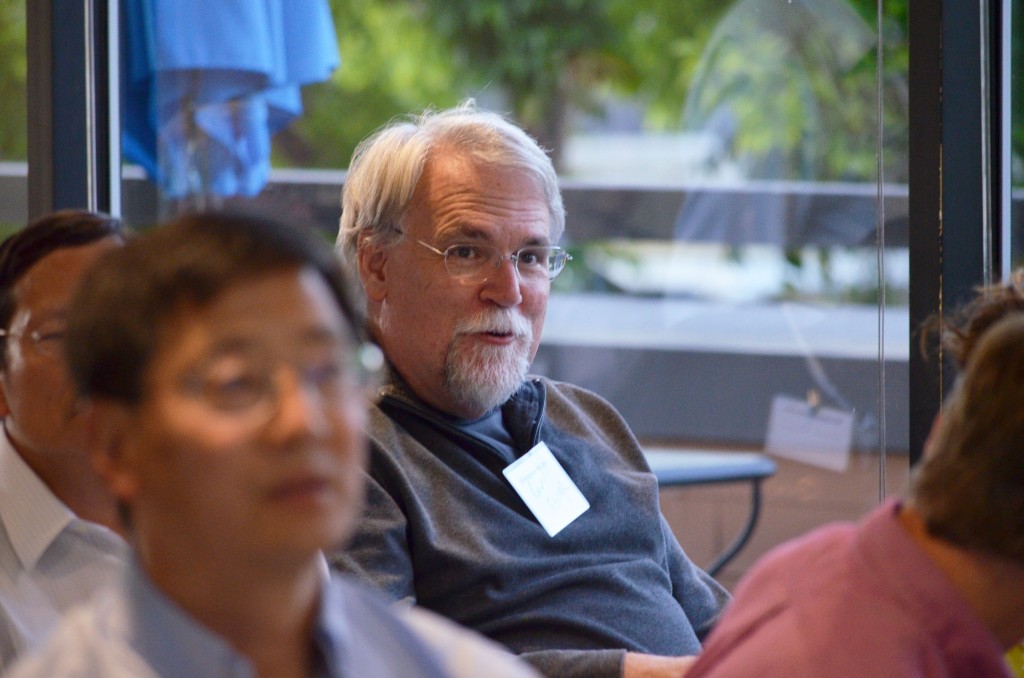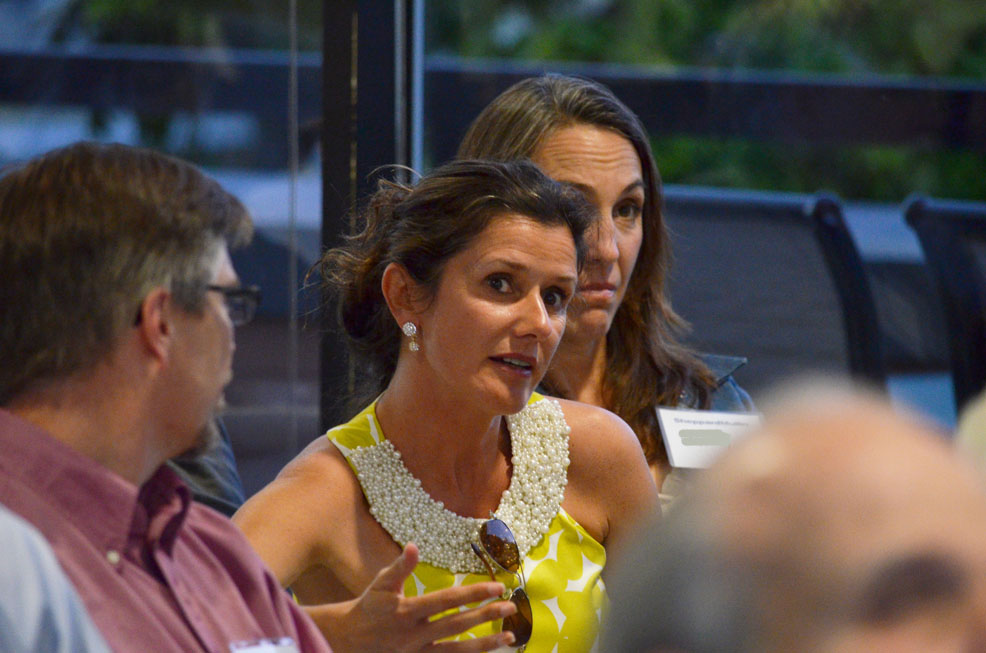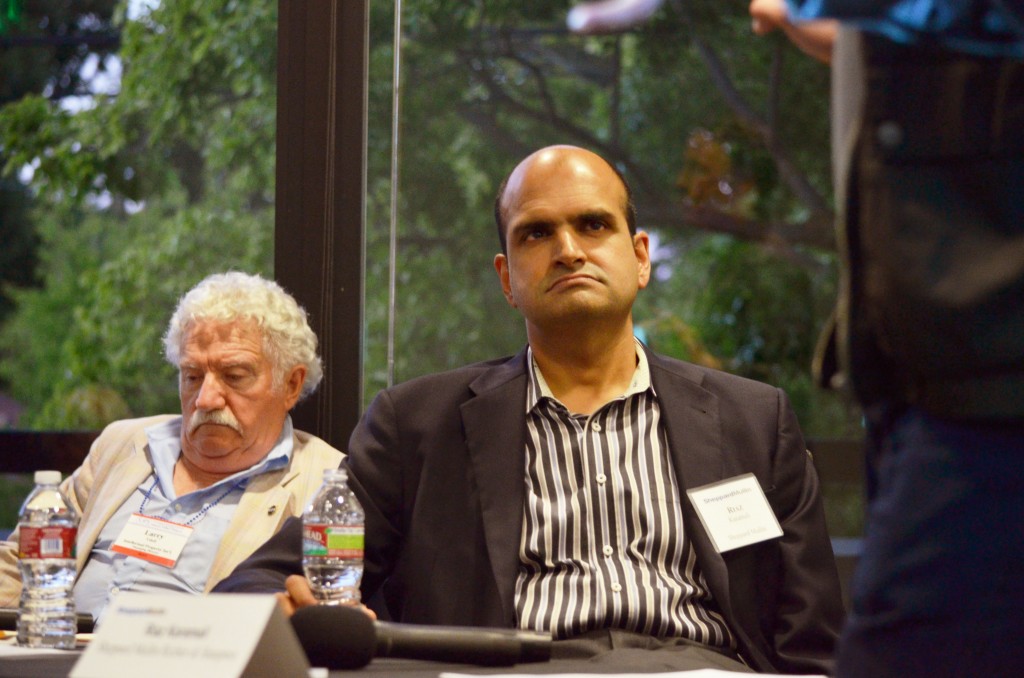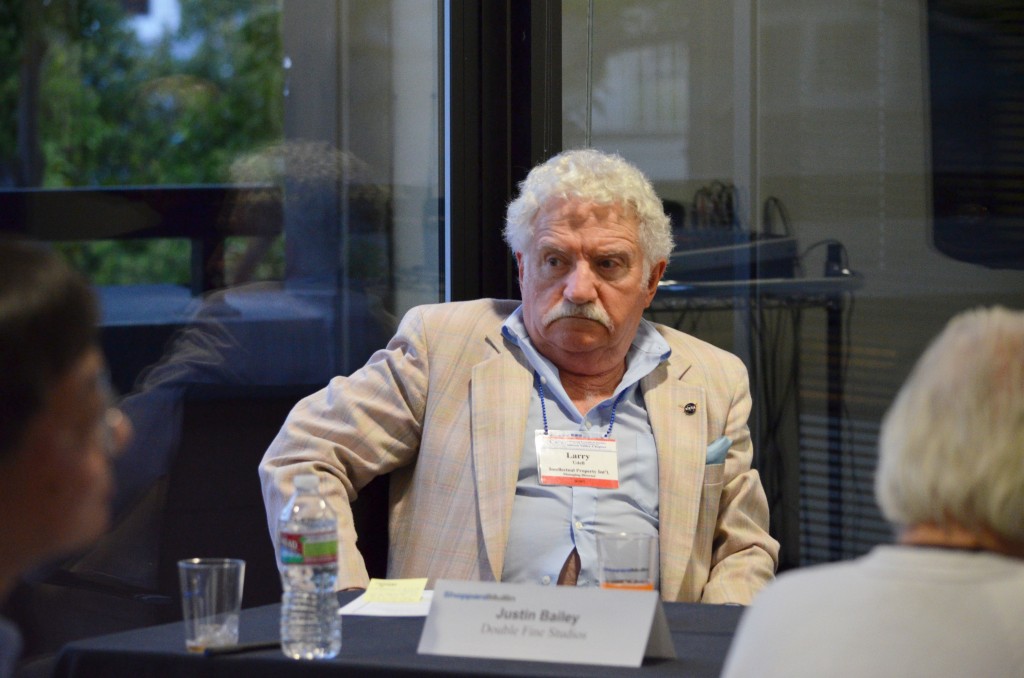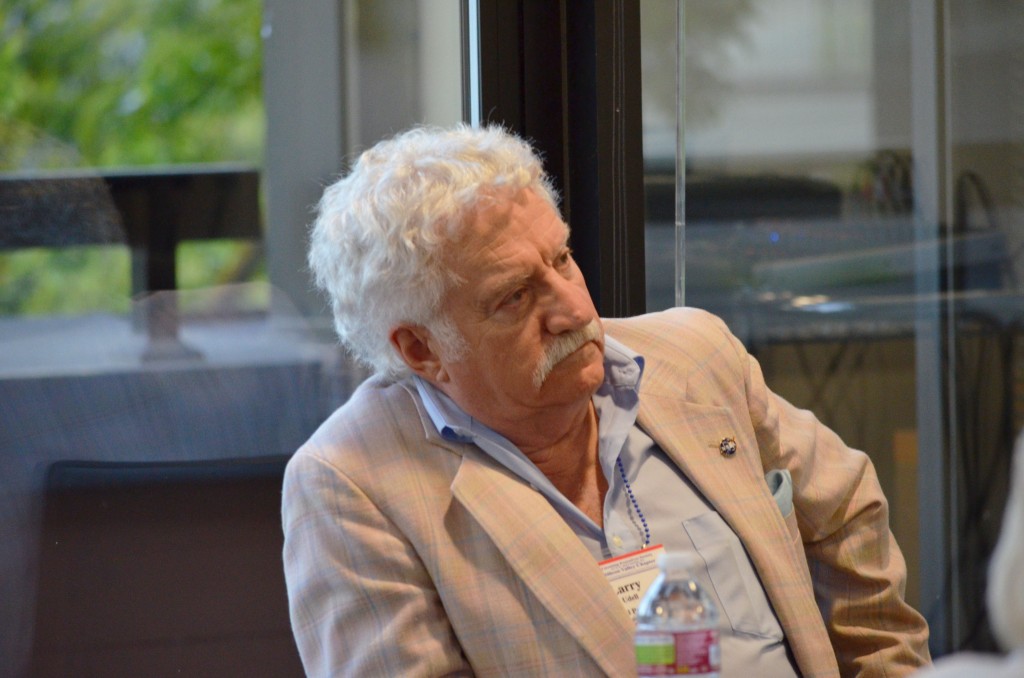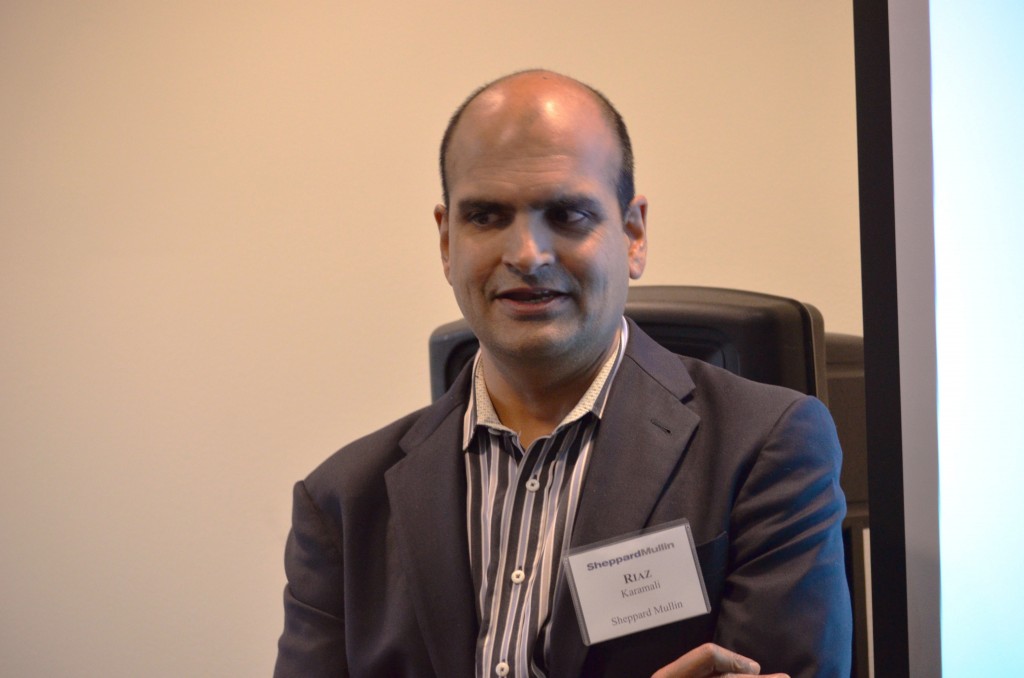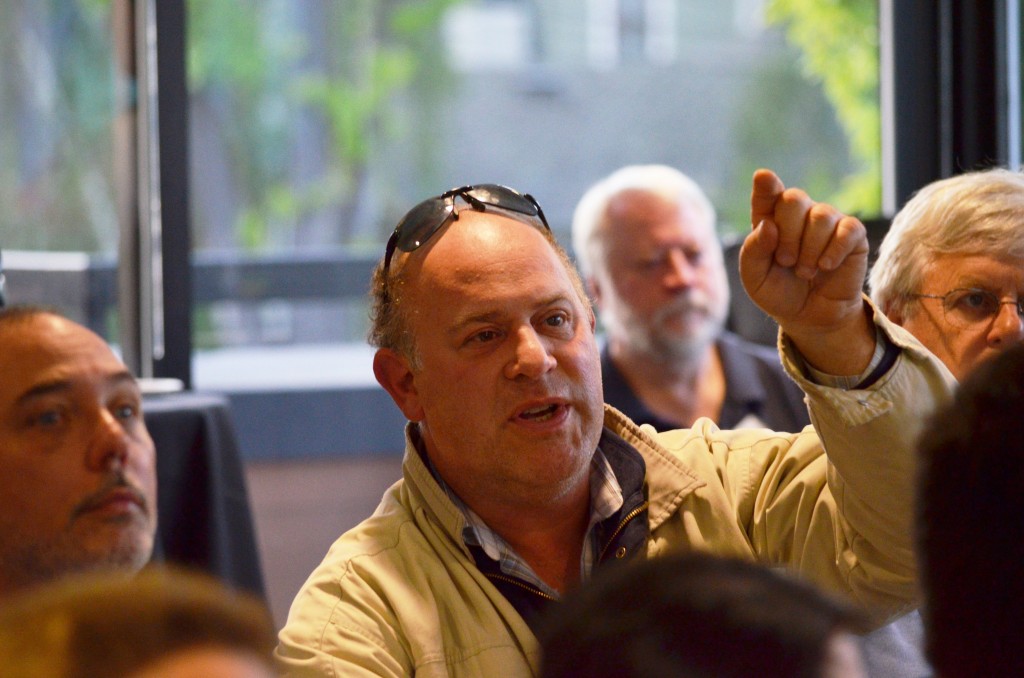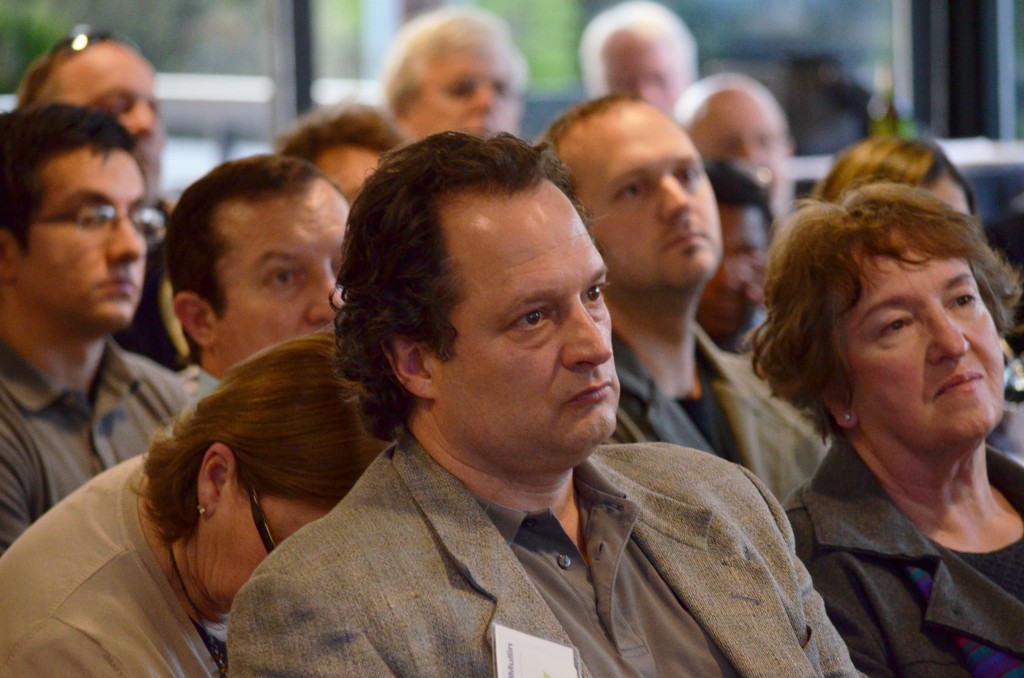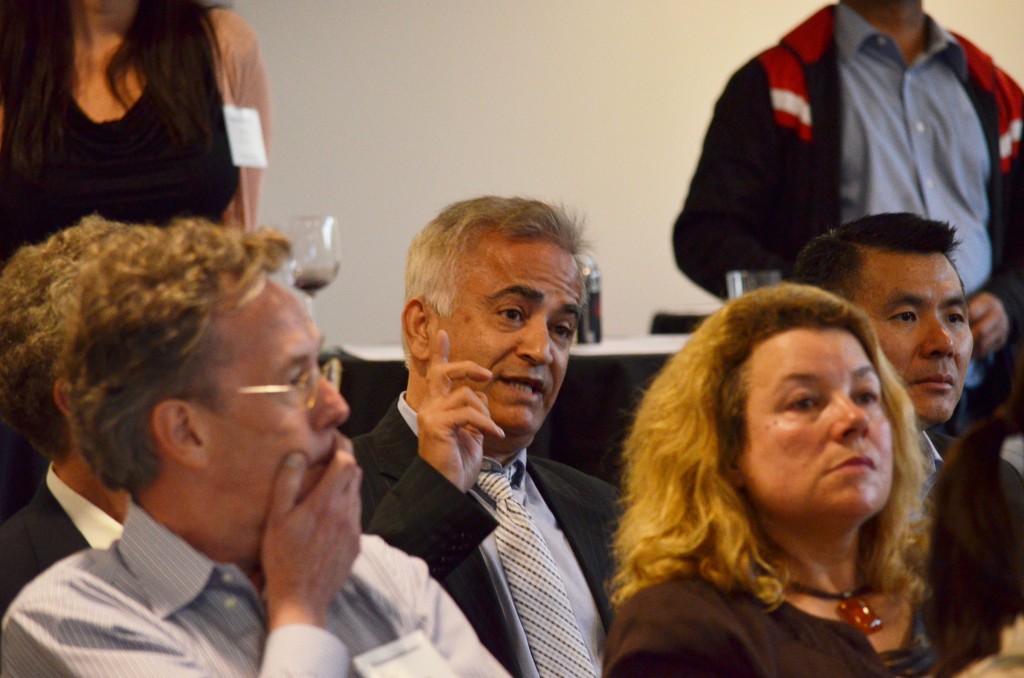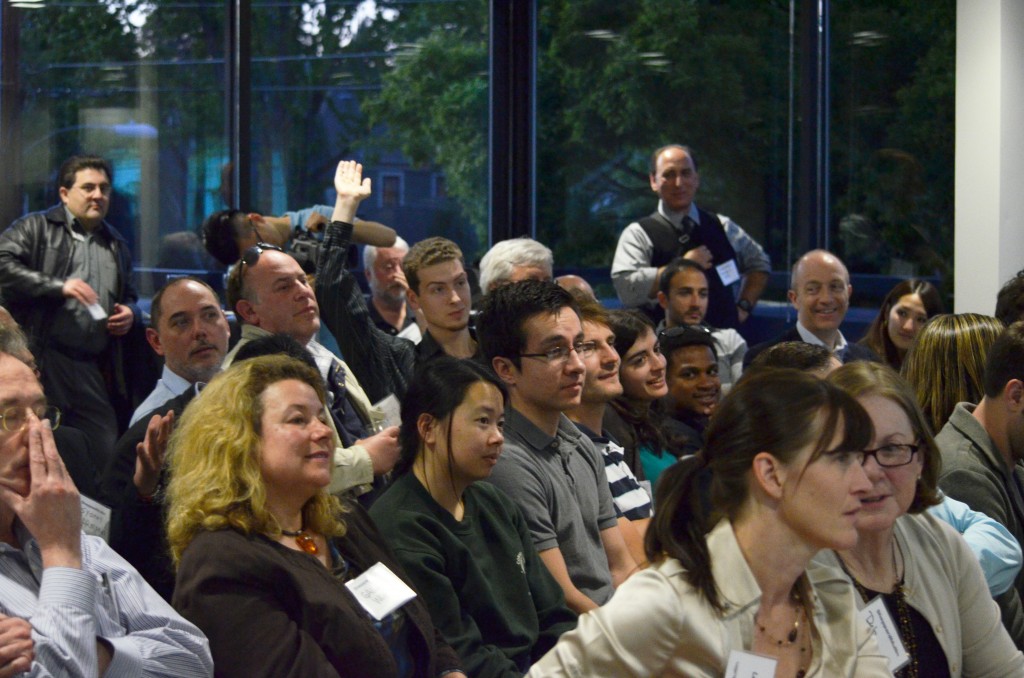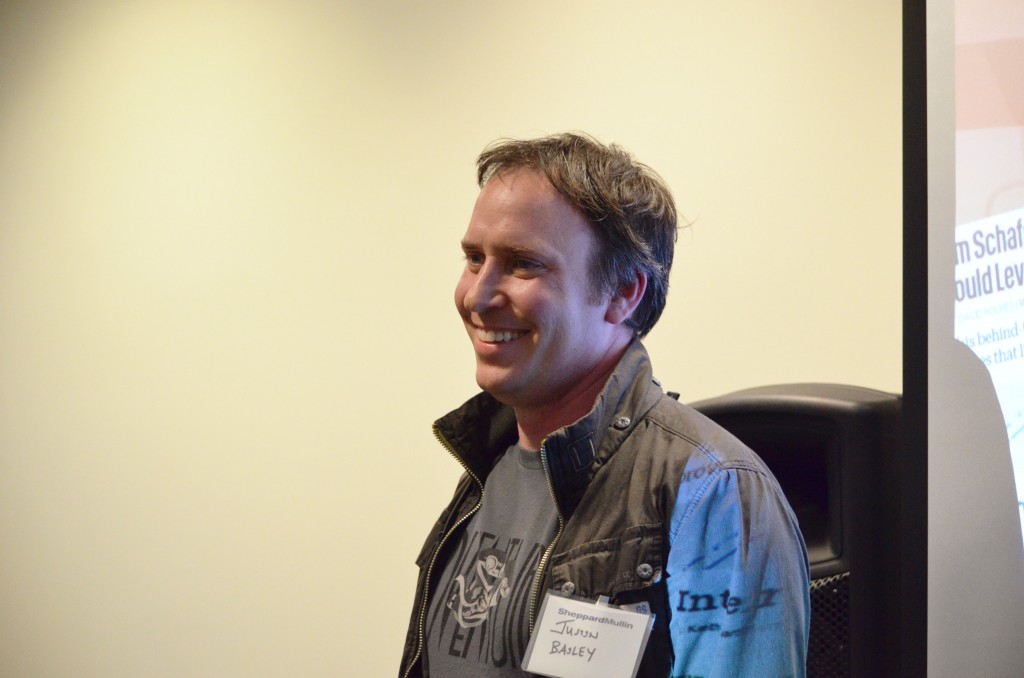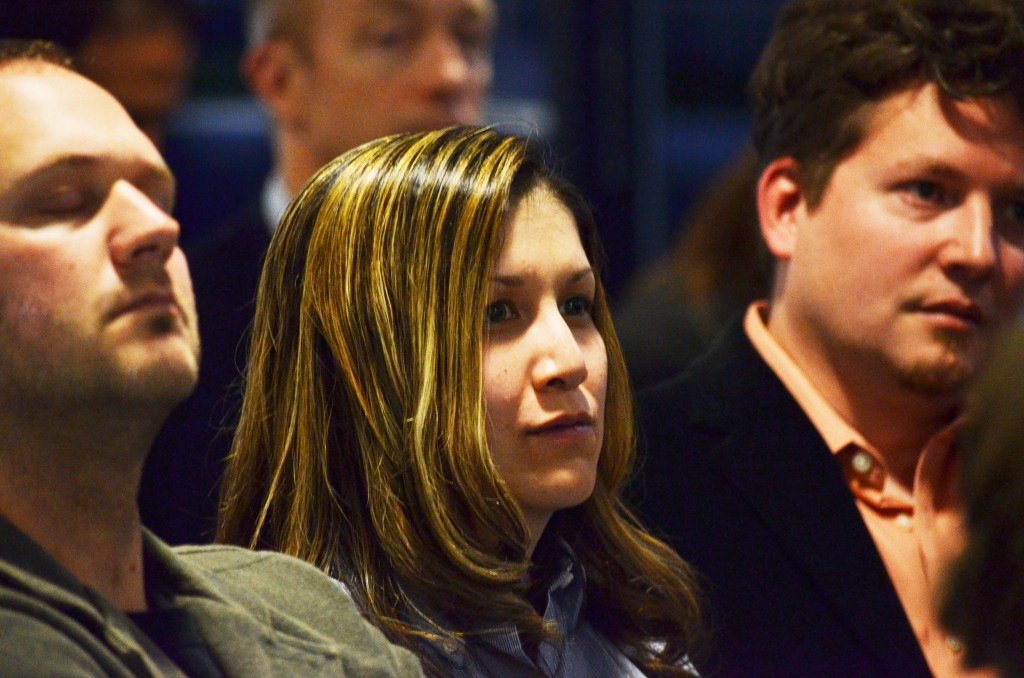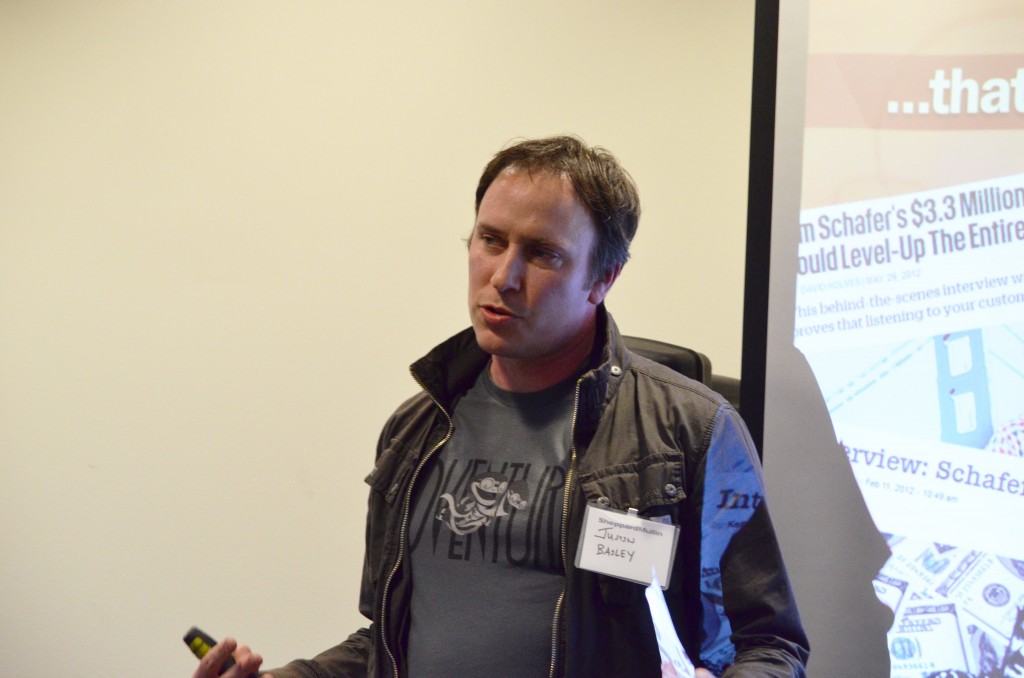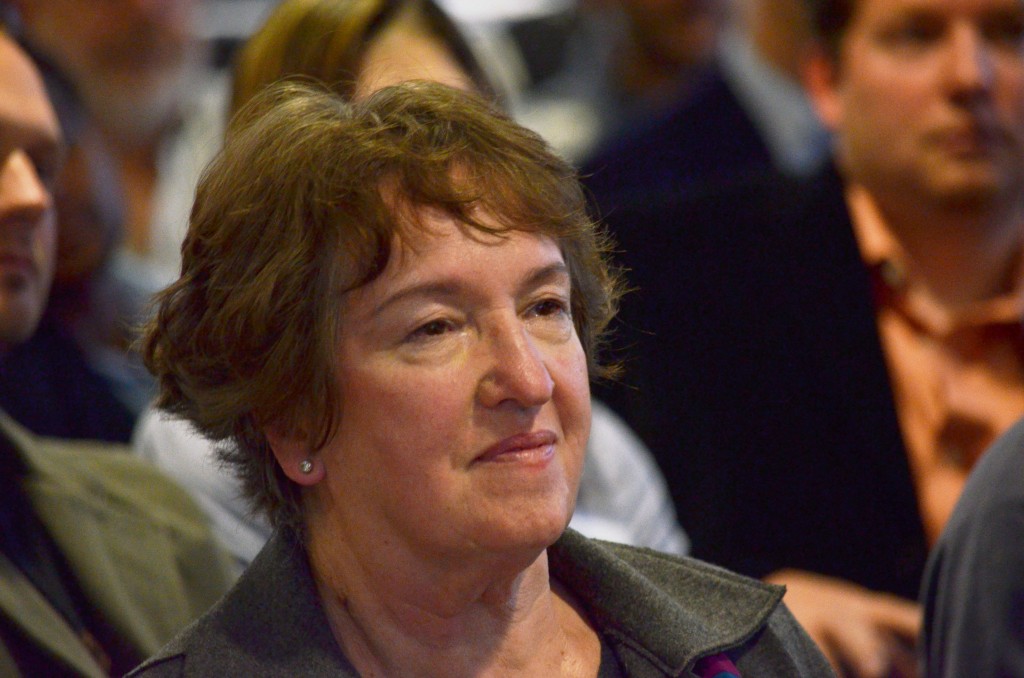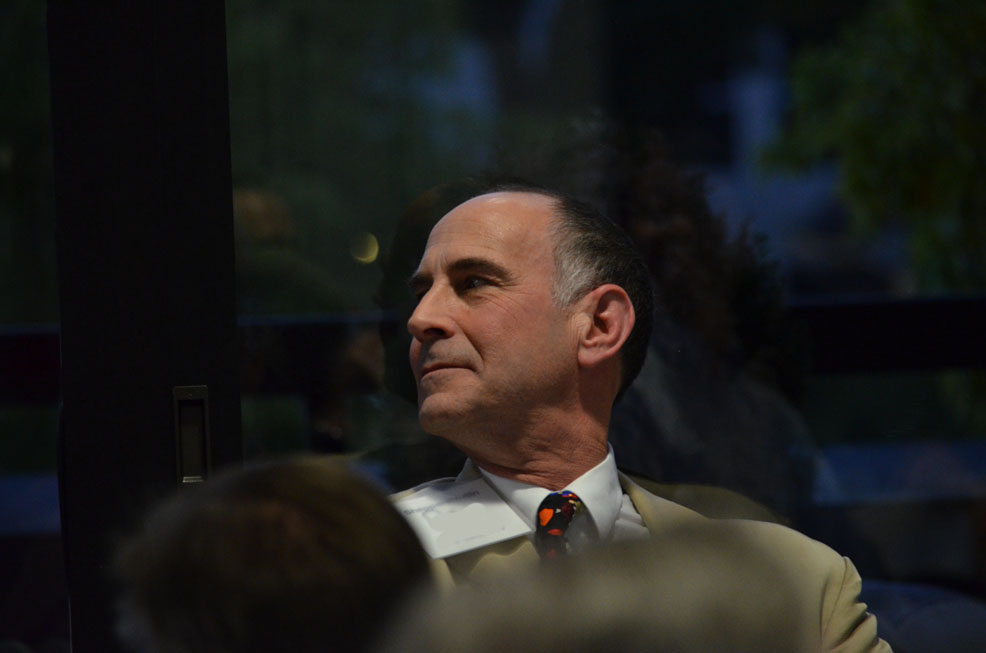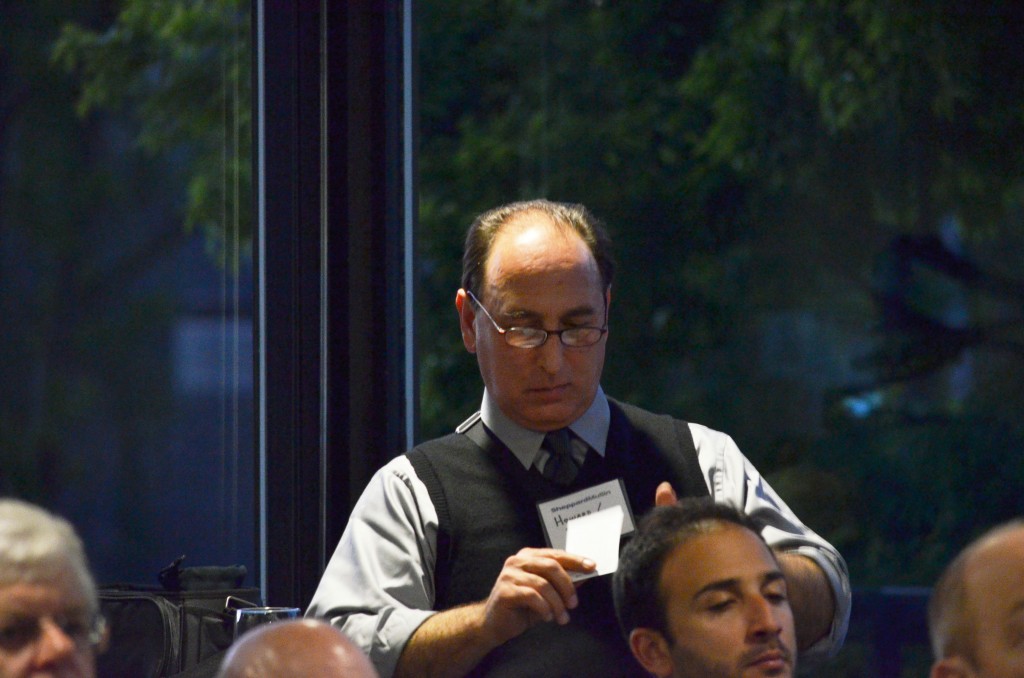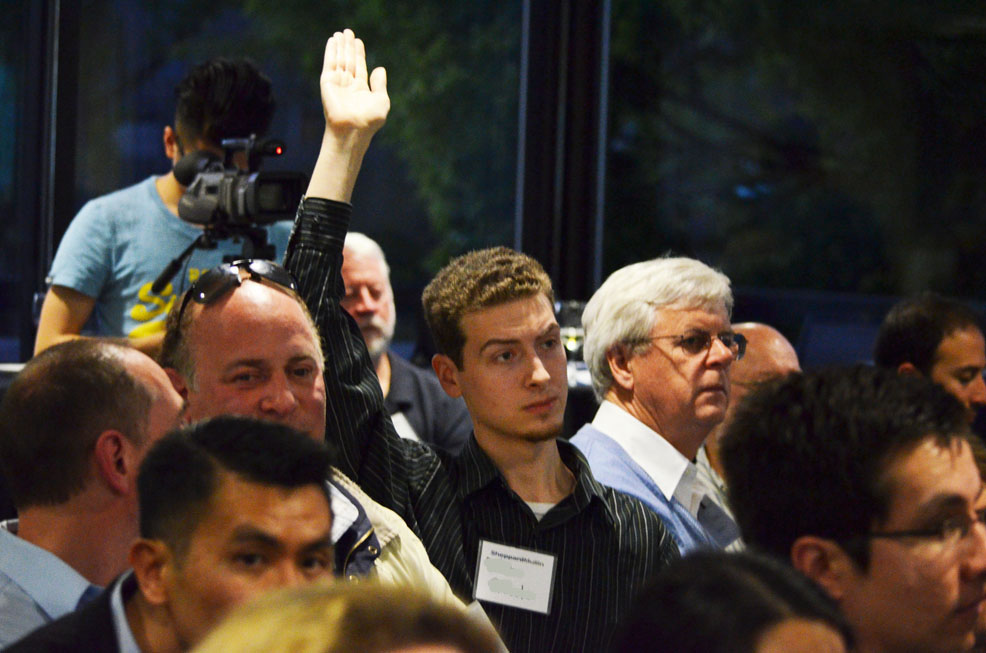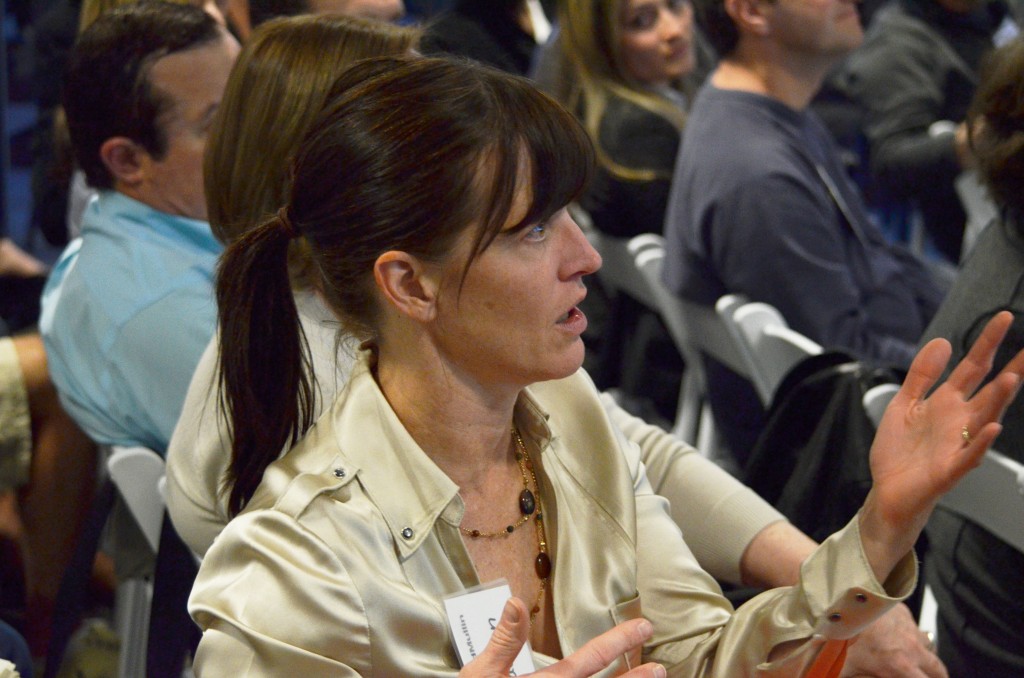
All posts
APR 17th 2013 (Recap): Crowd Funding – Magic or Tragic?
Is crowd funding on the investment level a good idea? Is it even possible? In this event doubts on the reliability of using crowd funding for investment were expressed. And though the outcome for this large scale innovation appeared bleak, positive reactions to minor crowd funding, such as Kickstarter campaigns, were met with great excitement.
Welcome to our discussion on crowdfunding!
What is crowdfunding? Aside from being a buzzword related to technology and entrepreneurship, it is also a source of funding for businesses, musicians, charities (and other entities) with two major subcategories.
On the one hand, crowdfunding is a way to fund a project. In the music and business worlds, for example, crowdfunding is often packaged as a way to pre-purchase a product that the project will be creating.
In other cases, such as on Watsi, crowdfunding can be a way to fund specific charity projects that you want done. What you get in return is the good feeling of having helped someone (or karma, or treasures in heaven–however you want to measure those intangible benefits).
The second (pretty different) thing that the word crowdfunding is used to describe is when a company raises money for their company in exchange for small amounts of equity. This is a new thing in the United States which was supposedly made legal by the JOBS act, but unfortunately for any entrepreneur who wants to raise money this way or for anybody else who wants to invest this way, you still can’t do it, because crowdfunding regulations that are supposed to dictate how this crowdfunding/micro-investing thing will work are still in limbo, and people aren’t allowed to start crowdfunding campaigns until they are released. The SEC was supposed to release them at the beginning of this year, but they are dragging their feet. Or should we say fortunately?
At the SVII April event (“Crowdfunding: Magic or Tragic?”), two of our speakers–Riaz Karamali, of Sheppard Mullin and Larry Udell, of the Licensing Executives Society–expressed some doubts about whether crowdfunding as an investment model will actually be a good thing.
From Udell, the concerns were mostly about whether there will be enough transparency in the fundraising process to ensure that investors will be protected.
This was also a concern of Karamali’s. He pointed out that when angel investors and venture capitalists invest in a startup, they are told upfront that they should only invest if they can afford to lose the money (because investing in startups is inherently pretty risky). When early stage investing is opened up to the public through the jobs act, there will of course be some clause in the paperwork that says this, but the likelihood is that some investors will not fully read the paperwork or perhaps not take this warning as seriously as it should be taken.
The JOBS act will likely allow individual investors to invest up to 5% of their net worth in crowdfunded ventures. (This is just speculation right now, but that’s all we’ve got until the actual rules come out.) If some individual invests 5% of his/her income into a startup that he thinks is really promising and then it goes kaput, he could be really harmed.
Of course, there are plenty of ways to lose money in the current economy as well (gambling, investing in the stock market, buying a house at the wrong time), but investing in startups may be the kind of risk for which individuals with no experience in startups are unprepared and not properly calibrated. All of this points out the need for good financial advisers, but the naked truth is that there are many people out there that invest without the advice of a financial adviser (think: why should I pay someone to help me with my money; isn’t that counter-productive?). Just because a course of action is a bad idea doesn’t keep people from following it.
Another concern expressed by Karamali was that the regulations (when they come out) will also hamper businesses that try to use crowdfunding. For example, with so many initial investors, there are going to be a lot more constituents who want to influence the way a company is run (now you have a thousand backseat drivers). Also, nobody knows yet, but it’s possible that after a company has raised money using the crowdfunding method, traditional venture capitalist firms won’t want to get in after that. It’s concerns like this that are likely making the SEC not very excited about releasing the JOBS act regulations. They may think that the world is better off without crowdfunding (as micro-investing), so the longer they wait the better.
But not all is doom and gloom in the crowdfunding world. Not only are some people excited about micro-investment crowdfunding, but the other kind of crowdfunding (as a project funding mechanism) is going gangbusters, which is part of the reason why investment crowdfunding got proposed in the first place.
Our other speaker, Justin Bailey, from Double Fine Productions, showed us the bright side of crowdfunding.
Double Fine is famous for having one of the most successful kickstarter campaigns to date. They set out to raise $400,000 with just the description that they were going to make a point and click action game and the fact that their CEO, Tim Schafer, is a well-known and beloved game designer. The campaign was so popular that they raised over $3 million. Until just recently, they were the kickstarter campaign with the most backers (87,000–just recently edged out by the Veronica Mars movie campaign).
The key lesson that Double Fine took away from that experience, says Bailey, is that community is the key to discovery. Discovery (the game industry’s way of saying, “how users find us and vice versa”) is a very pressing problem in the game industry, mostly because it is a crowded space with a winner-take-all type of dynamic (successful games are likely to be very successful; everyone else languishes in the shadows–similar to the movie industry).
With a crowdfunding campaign, gaming companies can short circuit two related problems: seeing if anyone wants the game, and spreading the word about the game. A crowdfunding campaign determines demand before the company invests a huge amount of time and money in the game, reducing the need for careful prediction and also the accompanying stress. Likewise, a crowdfunding campaign is a perfect vehicle for spreading the word about a game. If people want the game (see previous dilemma), then they will spread the word about the kickstarter campaign for you, and your discovery problem is halfway solved (contingent on the success of the crowdfunding campaign).
Not all kickstarter or crowdfunding stories have had that happy ending. The game Haunts, for example, was promoted via kickstarter and raised over $29,000. However, that wasn’t enough, and the game was never finished–adding an ironic twist to the chosen name.
Let’s come back to the original question: Crowdfunding–magic or tragic? As in all good mind-bending dilemmas, the answer is yes. In fact, the question should be much more nuanced, but isn’t that always true? When it comes to investment crowdfunding, the jury is out (because we have no data), but there is a good likelihood that there will be success stories and failures. Whether investment crowdfunding as a whole is considered a success or a failure likely depends on how well it’s success rate compares with the success rate of startups funded by angel investors and venture capitalists (hard to measure, but considered to be anywhere from 1 in 4 to 1 in 10). Crowdfunding as a project funding mechanism has been in general successful, but still, within the space, there are successes and failures.
Bottom line: crowdfunding can be very rewarding, but you would be wise to proceed with caution.
May 15th 2013: Persuasive Game Technology
How can video game mechanics like those found in like Epic Mickey, Bioshock Infinite and Mortal Kombat help create or improve products and services in different industries? This event will take a look at this topic and pick it apart.
Utilizing Game Technology to Improve Products and Services
Join Margarita Quihuis, Stephanie Spong, Chris Bennett, Albert Chen, and Andrew Mayer for a discussion on how the use of game mechanics can help companies solve problems and create a deeper connection with customers.
presented by SVII and Sheppard Mullin
How can mobile and social technologies combined with game mechanics create and improve products and services in the real world?
At this event, we will explore game mechanics and how they can be used to improve digital products, going beyond pure entertainment, to solve real world problems. This new trend is gaining in popularity and brands are reworking their digital resources. Solutions have appeared in a rich assortment of industries, including health, education, finance. Game mechanics can be used to facilitate communication, leverage common interests, create change, and locate missing persons. Some refer to this trend as serious games. Bottom-line: the use of game mechanics allow companies to solve problems, forge a stronger connection with their customers, and create a better user experience.
This event will take place at the offices of Sheppard Mullin:

Margarita Quihuis (Moderator). Quihuis’ career has focused on innovation, technology incubation, access to capital and entrepreneurship. Her accomplishments include directorship of Astia (formerly known as the Women’s Technology Cluster), a technology incubator focused on women entrepreneurs where her portfolio companies raised $67 million in venture funding, venture capitalist, Reuters Fellow at Stanford, and Director of RI Labs for Ricoh Innovations. She is a member of the research team at Stanford’s Persuasive Technology Lab and directs the Stanford Peace Innovation Lab where she conducts research in Innovation, mass collaboration, persuasive technology & the potential of social networks to change society for the better. Recently she joined Social Design – a new marketing consulting firm dedicated to bridging the worlds of online engagement and offline movements. With offices in Silicon Valley, San Francisco, and Washington DC, we’re enabling businesses, government agencies, and NGOs to grow by deliberately empowering the people they serve.

Stephanie Spong is a gamer, geek and venture capitalist with over twenty years of professional experience in financial, operating and consulting roles and a passion for the game sector. From her experience at Goldman Sachs, Citibank, McKinsey and Monitor, she brings seasoned business judgment and financial skills, and as Managing Director of Razorfish’s Los Angeles office, she gained valuable operating experience and immersion in the digital media space. Most recently, at EPIC Ventures she established a strong reputation as an early-stage technology investor, serving as the President of the New Mexico Venture Capital Association (2007 – 2010) and board member of the Invest Southwest Capital Conference and the Rocky Mountain Venture Capital Association. During 2010, she chaired the Phoenix-based early stage Invest Southwest Capital Conference as well as the Venture Capital in the Rockies Fall Conference in Santa Fe, New Mexico.

Chris Bennett is an award-winning Game Designer who combines creative ideas with social networking to reach millions of players with his credited games. With over 17 years of experience in the entertainment software industry, he has been instrumental in expanding hit brands like Diner Dash, which is one of the top-selling casual games of all time with over 1 billion downloads. Chris has talked about games and game design for broadcast coverage in media including NBC TV, NPR and the San Francisco Chronicle. He is called on by organizations such as Stanford and USAID for his game design expertise.

Albert Chen is Assistant Professor in the Game Design and Development program at Cogswell College in Sunnyvale, CA. He has led students in the development of serious games using game engines for the Boeing Company, Neurosky and Ericsson. As Associate Director for Cogswell’s Engineering Simulation and Animation Laboratory (ESAL), he led a team that was awarded the Boeing Performance Excellence Award in 2008. Prior to joining Cogswell in 2007, Mr. Chen was a professional game developer for over twelve years and worked for EA, LucasArts, Factor 5 and the 3DO Company. He has a BA in International Relations from UC Davis and is currently pursuing a Master of Arts in Entrepreneurship and Innovation at Cogswell College.

Andrew Mayer has spent the last two decades involved with every facet of digital entertainment, and has brought his unique insights and skills to such companies as Sony, Time Warner, PlayFirst, EA/Bioware, Zynga, 2K Games, and many more. He provided the original concept and design for the wildly successful “Petz,” which has fueled a boom in digital life forms that has remained a world-wide phenomenon since its creation in the mid-90s. Since then he has integrated interactive entertainment into many major brands including Batman, Scooby-Doo, Diner Dash, Tonka Toys, Reader Rabbit, The Ellen Show, and many more. Over the last decade he has been intensely focused on new platforms and the growing mainstream audience, including casual, social, and mobile devices.
APR 17th 2013: Crowd Funding – Magic or Tragic?
presented by SVII and Sheppard Mullin
Everyone who ever started a company eventually spends a considerable amount of time thinking about funding. The oldest form of funding is still the dominant one, savings, friends and family. In other words, fund it yourself along with the people you know.
In the past fifty years, two more fund-raising mechanisms have emerged: professional investors (venture capitalists) and amateur investors (angels). But now the internet is introducing a new way of funding a business (or project): crowd-funding.
As one might expect, no funding method is without pitfalls as well as advantages. In this event, people with backgrounds ranging from entrepreneurial to venture capitalist will give their perspective on the pros and cons of using crowd-funding and where they think it is heading in the future.
PANELISTS:
LARRY J. UDELL

Lawrence J. Udell serves as Executive Director of both the California Invention Center and Intellectual Property International, Ltd. He has created and taught “New Ventures and Entrepreneurship” courses for over 25 years, plus a special course on, “Technology Marketing” at the Cal-State Hayward, School of Business and Economics. He has served as a Lecturing Professor at U.C. Berkeley teaching course on Technology Transfer & Commercialization, plus other universities in the U. S. and Canada. He is an active member of the Licensing Executives Society, and is co-founder and Managing Director of the Silicon Valley Chapter of LES. He also serves as Senior Consultant to General Patent Corporation of Suffern, NY. Founder of over 30 corporations, he provides consulting to both start-ups and Fortune 500 companies. He lectures frequently at inventor, corporate and government functions throughout America and for the USPTO. Also in other countries for the World Intellectual Property Organization (WIPO division of the United Nations).
JUSTIN BAILEY

Justin Bailey spent a dozen years in business development and strategic planning in the entertainment industry. During this career, Bailey has lead M&A initiatives, closed venture deals, setup crowd funding campaigns, and helped publishers make the transition from retail to digital distribution at Accenture, NAMCO BANDAI Games America, Perfect World Entertainment, and Double Fine Studios – where he currently presides over all business operations and is exploring how to effectively leverage crowd funding and crowd sourcing as a repeatable business practice.
RIAZ KARAMALI
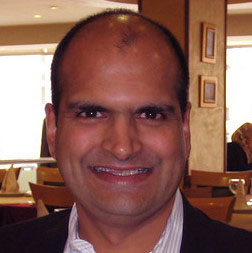
Riaz Karamali is a partner in the Corporate Practice Group in the firm’s Palo Alto office.Riaz has extensive experience in corporate law, venture finance, mergers and acquisitions and technology transactions. Riaz has worked with hundreds of start-up and emerging companies, guiding them from their pre-founding stages through their angel and venture capital financing rounds, significant commercial contracts and strategic alliances to their ultimate exit transactions. He has acted as outside general counsel to many such privately held companies in a wide range of industries including Internet, social gaming, biotechnology, semiconductor technology, medical devices and consulting.
